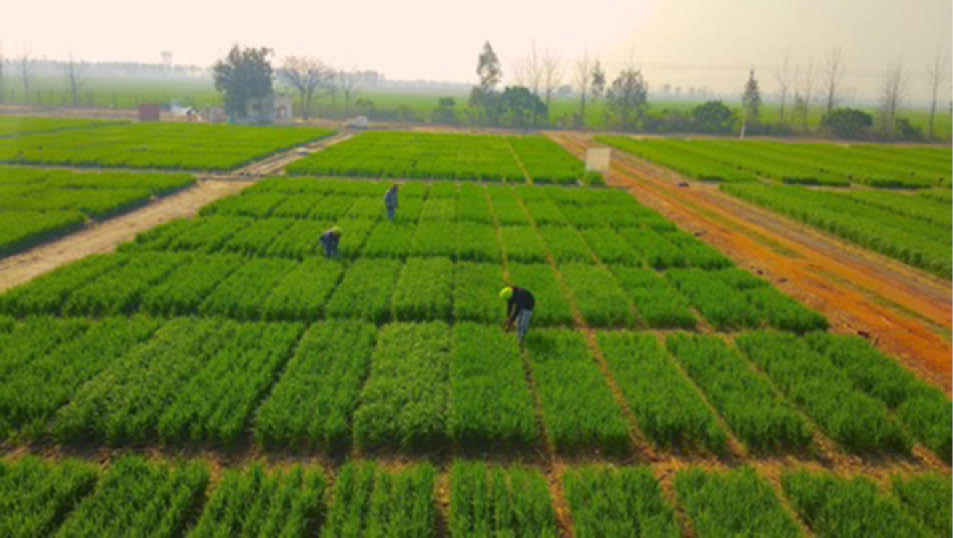Rice production: Kano farmers trained on modern farming
Dozens of rice farmers in Kano have been trained on modern farming technology with a view to improving rice production in the state. The training was sponsored by Agro-processing Productivity and Livelihood Support Project (APPEALS) in collaboration with Sasakawa Africa Association. The gesture was part of the measures taken by the sponsors to expose the […]

Sub-surface drip irrigation- trials
Dozens of rice farmers in Kano have been trained on modern farming technology with a view to improving rice production in the state.
The training was sponsored by Agro-processing Productivity and Livelihood Support Project (APPEALS) in collaboration with Sasakawa Africa Association.
The gesture was part of the measures taken by the sponsors to expose the beneficiaries to the international best practice of rice production in order to improve their output.
Speaking during a field demonstration at Bunkure Local Government Area of the state, the APPEALS project Coordinator, Malam Hassan Ibrahim, said the exercise was targeted at improving value addition in the agriculture value chain that include production, processing and marketing of rice, tomato and wheat.
“We are trying to encourage rice farmers in the state to adopt farming processes of international standard so that their product can compete with any other brand of rice across the globe. So far, the beneficiaries have experienced significant improvement on their farms after adopting the improved technology,” the project coordinator said.
In his address, the Country Director of Sasakawa Africa Association, Professor Sani Miko urged the government, at federal and state levels, to ensure timely release of their intervention such as seeds and fertilizers among other farm inputs to farmers so as to boost their productivity.
“All governments’ interventions to farmers should be ready around January or February, so that by March or April, they should start releasing whatever support they have for farmers and immediately rain starts, the production will commence.
“If they miss one of the normal times to plant, they will see the repercussion at the end of the season. No matter how good inputs are, when you give them to farmers late like around July, August or September, they will either sell them or keep them till next farming season because they don’t need it at that time,” he said.
